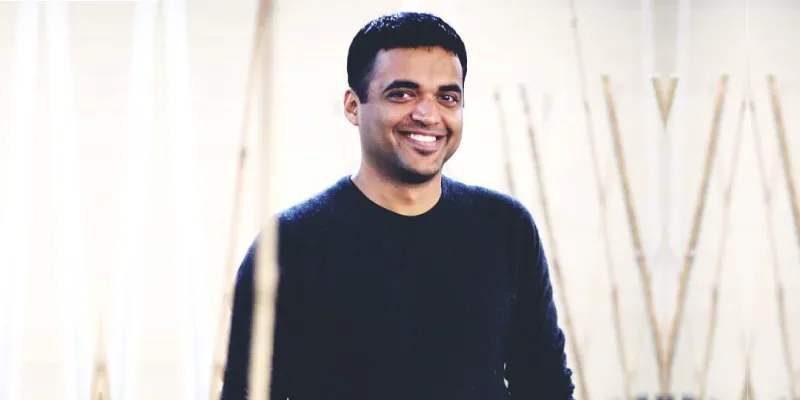Zomato takes baby steps to cut down on packaging waste
Co-founder Deepinder Goyal has said in a blog post that they will add a feature on the Zomato app for customers to opt out of cutlery to reduce plastic use
In a bid to reduce the packaging waste created by online food delivery players, Zomato is now taking as they say - ‘baby steps’ to reduce the impact on the environment.
Deepinder Goyal, Co-founder and CEO, Zomato, in a blog post said,
“On our app, we offer consumers an opportunity to opt out of cutlery when they order, thereby reducing plastic use, and also working with our restaurant partners to increase adherence to this feature.”
It is definitely a step in the right direction as reports show that in the past 70 years, India has produced over 8.3 billion tonnes of plastic waste. Deepinder says Zomato alone processes 16.5 million orders a month, and all food delivery aggregators put together process around 35 to 40 million orders a month.
He says,
“These many orders add up to 15,000 metric tonnes of plastic waste created every month in India. And whether we intend to or not, quite a lot of it ends up in the ocean. Much as we care about delighting our partners and our users, we must also care about the impact we have on our planet.”
However, while food delivery aggregators and platforms are changing the way consumers order food, there is a problem with wastage and environmental impact.

“However, we can do more. In fact, much more. An unintended consequence of our business is that as more people order more food, the industry will consume more plastic packaging material,” said Deepinder.
The blog added that on Sunday, Zomato’s delivery fleet drove for 2.4 million kilometers to deliver around 600,000 orders.
“It is imperative that we work with restaurants and users to “pool” delivery routes, thereby reducing fuel consumption while keeping delivery times intact. We are also working with kitchens to help them modify serving portions based on the feedback we receive, thereby reducing overall wastage. Our delivery partners use insulated, specially designed bags that keep food fresh without additional packaging layers,” says Deepinder.
And as mentioned earlier, we ought to do more. Which is also why we need to do this together. Even as we compete with one another for greater market shares, let’s share ideas for a more effective ecosystem and ultimately, a better world.
Let’s start reducing the amount of packaging material and while we are at it, let’s improve the quality of the material we’re already using. This long-term endeavour will take time but it will certainly make a huge difference.







